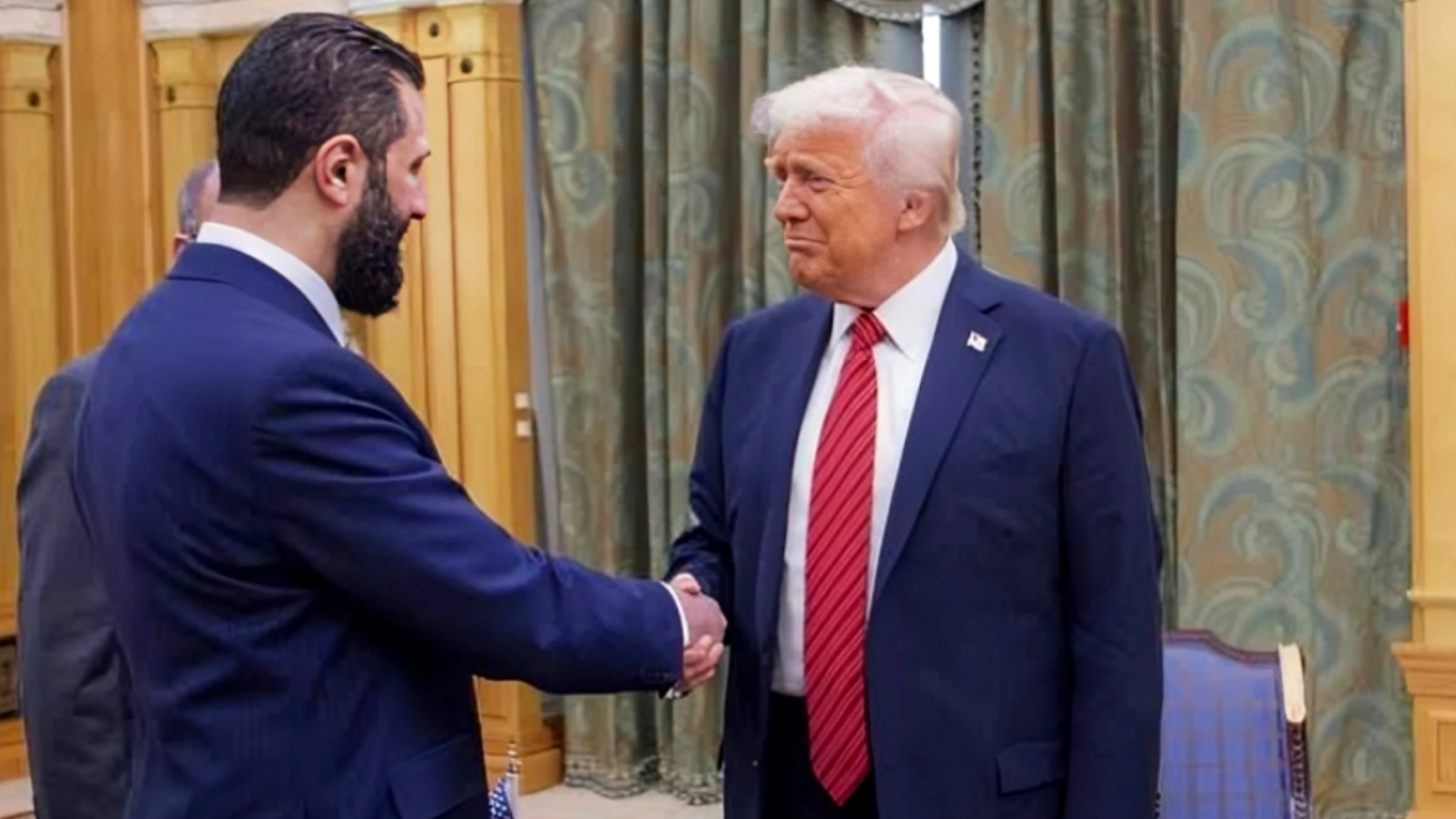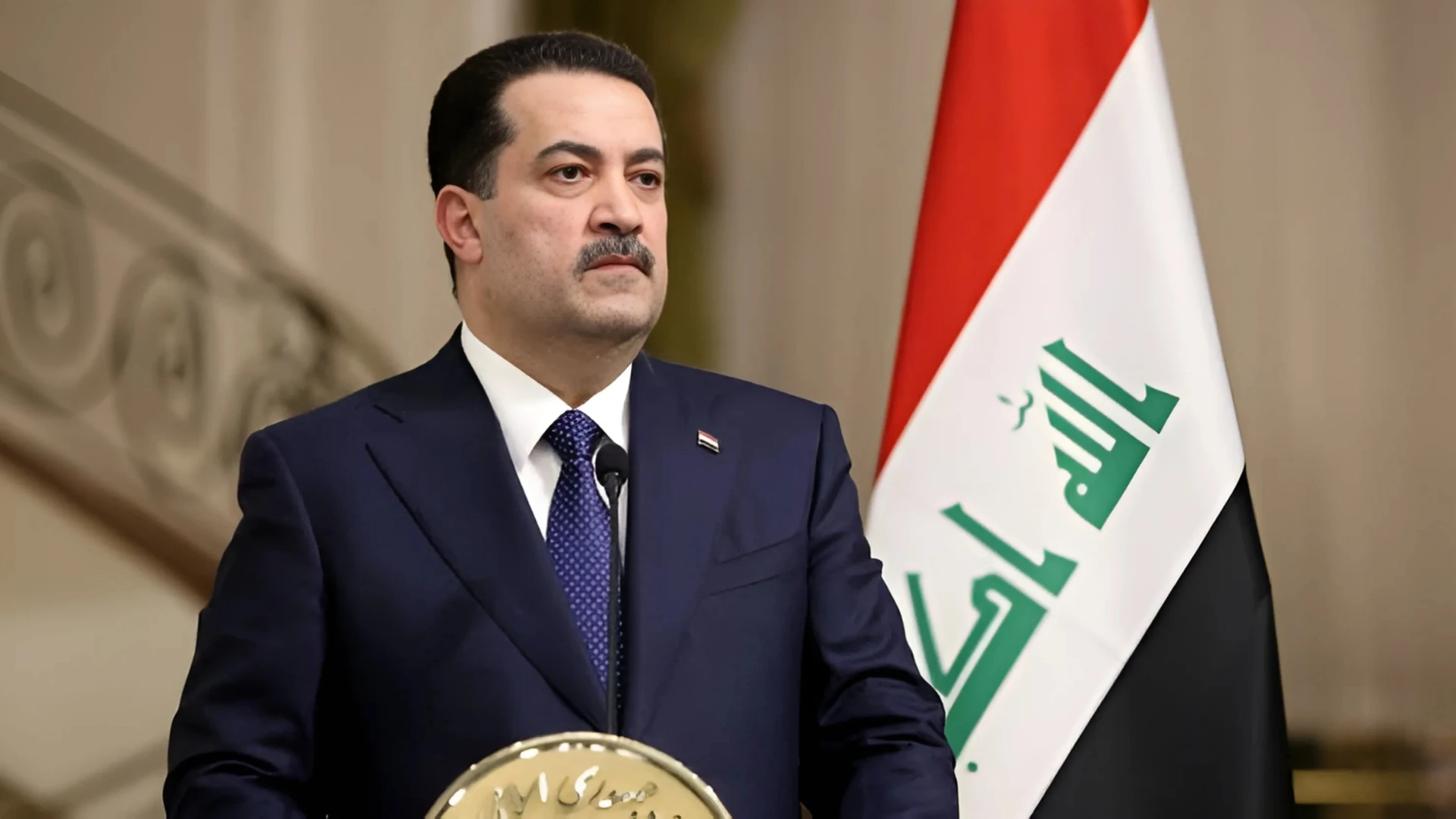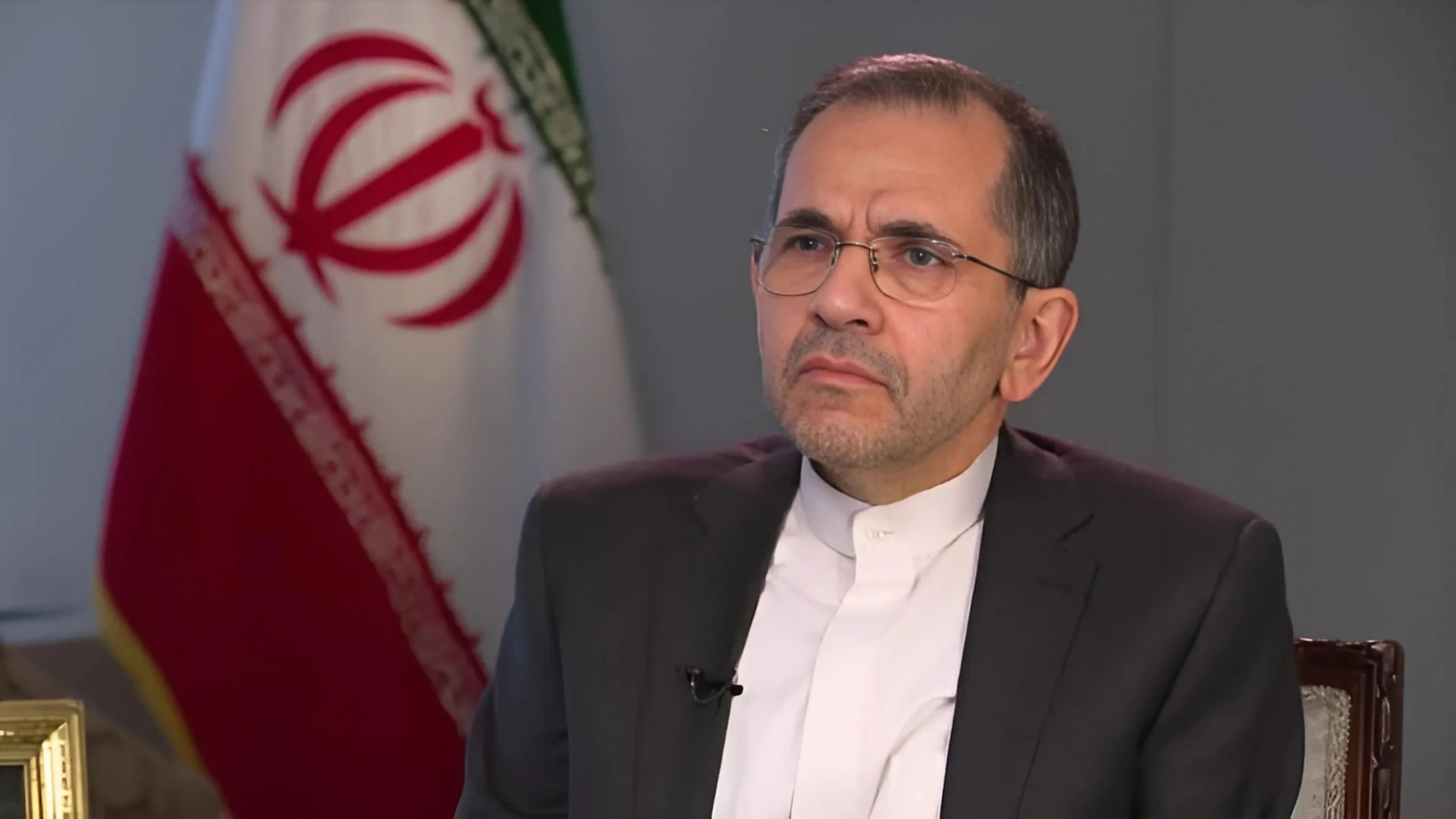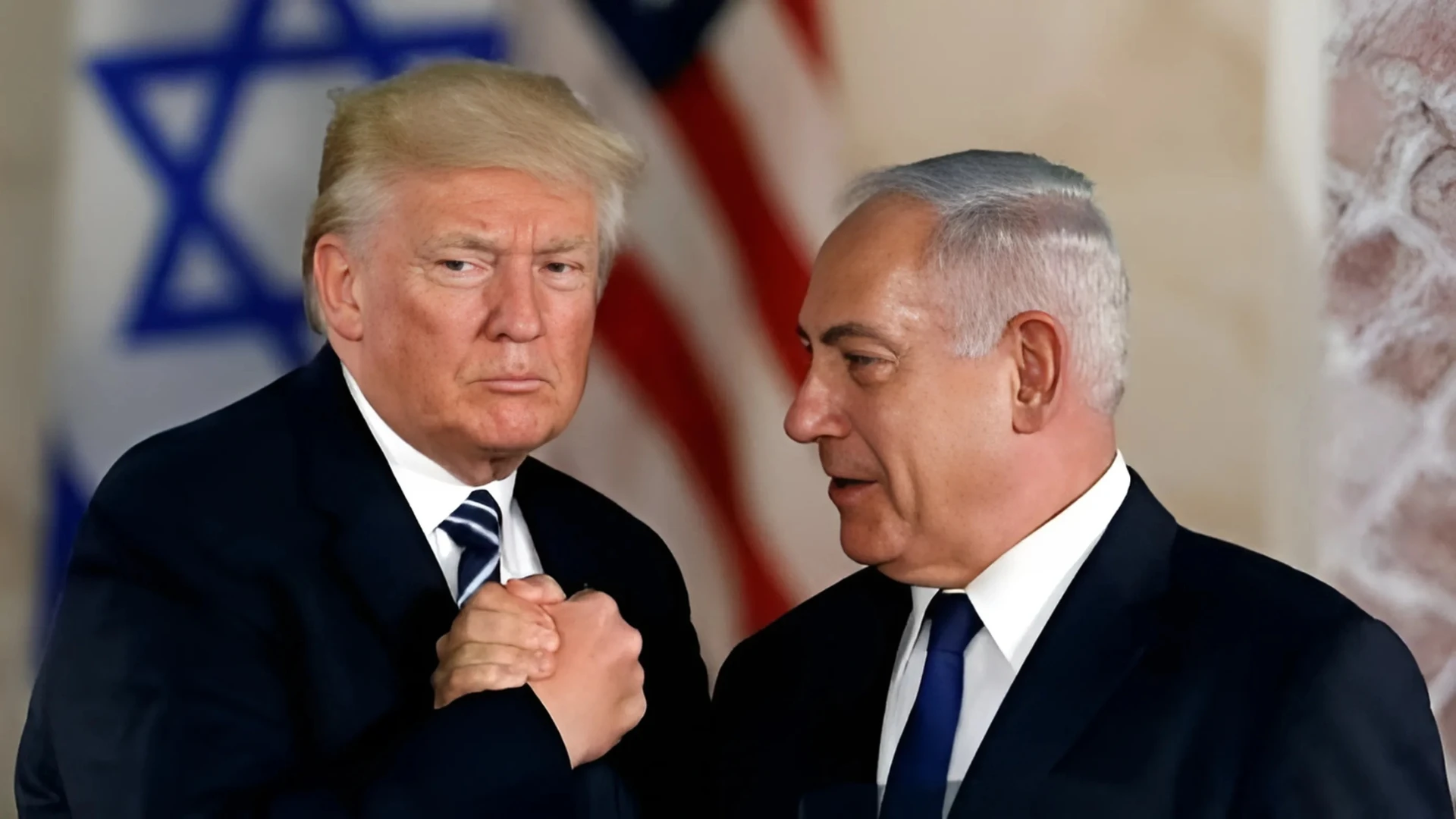Washington: President Donald Trump signed an executive order on Monday terminating a longstanding American sanctions program targeting Syria. The decision is seen as a major step toward reintegrating the war-torn country into the international financial system and advancing its post-conflict recovery.
White House spokeswoman Karoline Leavitt said the move does not affect sanctions on Syria’s former ruler Bashar al-Assad—who was ousted last December by Islamist-led rebels—or others implicated in war crimes, narcotics trade, chemical weapons activities, or ties to terrorist organizations including ISIS and Iran-backed militias.
Assad's fall marked a turning point for Syria, which has since begun mending its international relations. Syrian Foreign Minister Asaad al-Shibani hailed the lifting of sanctions, calling it a breakthrough for economic recovery and reconstruction. Writing on social media platform X, he said the move “removes a major obstacle” to rebuilding Syria and opens the country up to international cooperation.
The change follows a surprise announcement by President Trump during his meeting with Syrian President Ahmed al-Sharaa in Riyadh in May, where he revealed plans to lift U.S. sanctions. European nations have also begun phasing out their economic sanctions on Syria, signaling a broader international policy pivot.
“This is about giving Syria a fresh start,” said Thomas Barrack, the U.S. Special Envoy for Syria, in a media briefing. He described the process leading to Monday’s order as a complex and lengthy effort to unwind years of layered restrictions.
According to a White House fact sheet, the executive order instructs the Secretary of State to reconsider the terrorism designations of certain groups, including Hayat Tahrir al-Sham—a militant faction previously linked to al Qaeda and once led by Sharaa. It also calls for reviewing Syria’s status as a state sponsor of terrorism.
The administration stressed it would closely monitor Syria’s steps toward regional integration, including progress on normalizing relations with Israel, handling of foreign and Palestinian militants, and dismantling of Palestinian terrorist groups.
The announcement came the same day an investigation -published by Reuters- into the involvement of Syrian government forces in massacres of over 1,500 Alawite civilians along the Mediterranean coast in March. The Trump administration has not commented on the report, and it remains unclear if any groups implicated will see sanctions relief.
Humanitarian groups and Syrian officials hope the easing of restrictions will unlock international aid, attract investment, and allow for expanded trade. Following Trump’s May announcement, the U.S. Treasury Department issued a license permitting transactions involving Syria’s interim government, central bank, and key state-owned companies.
Nonetheless, several U.S. sanctions remain in place, especially those mandated by legislation such as the Caesar Act. Full repeal would be necessary to remove legal risk for international investors.
“We’re now examining the conditions under which the Caesar Act sanctions might be suspended,” a senior administration official said, noting the executive order also ends the national emergency on Syria declared in 2004 and revokes related presidential directives.
Additional actions are expected, including waivers on export controls and other regulatory barriers to aid Syria’s reintegration into the global economy.








